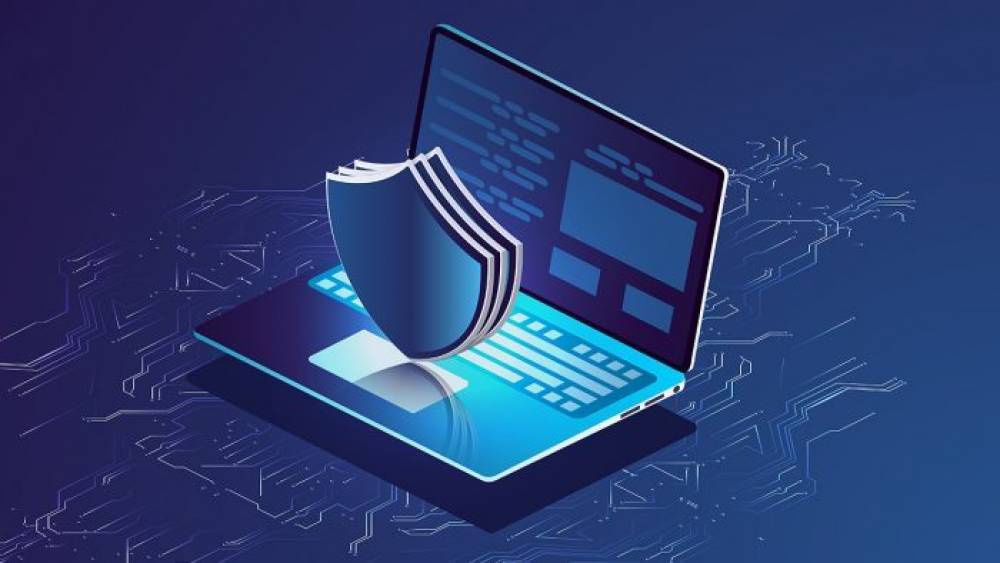
TwitterBan - Should Nigerians Be Frightened About VPNs
#TwitterBan: Should Nigerians be frightened about VPNs?
Following the news of the indefinite suspension of Twitter in Nigeria on Friday, June 4, 2021, Twitter users in the country have opted for Virtual Private Networks (VPNs) to escape the ban.
A VPN allows individuals to protect sensitive information by securing a public connection to a private network. Any data that flows via a VPN is transformed into a code to prevent unauthorised access. This safeguards consumers from likely hacker assaults or theft of important data.
While the government and Internet Service Providers (ISPs) can monitor daily online activities and restrict the websites or apps that Internet customers can view or access, a VPN can give security solutions that restore online privacy and liberty.
With a VPN, you may effortlessly browse the Internet without worrying about limits, surveillance, or tracking done by the ISPs, government, or even third parties.
VPN Security Issues
Nonetheless, while the adoption of VPNs might be a quick solution for users to escape the Twitter ban, some of these free VPNs are not safe enough to secure or keep users’ data secret because they jeopardize their security.
Research by the ICSI Networking and Security Group discovered that 38 percent of the 283 Android VPNs evaluated included malware.
According to Fortinet — an American cybersecurity company — this malware might be used by cybercriminals to steal users’ data, obtain unauthorised access to their data or system, or conduct a cyberattack.
In 2020, according to research by Nord VPN, seven free VPN providers — FAST VPN, UFO VPN, Super VPN, Flash VPN, Free VPN, Secure VPN, and Rabbit VPN — in Hong-Kong exposed 1.2 terabytes of data collected from millions of users who trusted them with their logs even though they claimed to offer no-log policies.
Users’ data containing sensitive and personally identifiable information (PII) such as Internet Protocol (IP) addresses, emails, home addresses, and passwords were unprotected and publicly made available.
Like the ISPs and the government, some free VPNs watch their users’ online behavior. The ICSI analysis showed that 72 percent of the free VPN services analysed integrated third-party tracking technologies in their software.
This empowers these VPNs to sell the information they collect to third parties and allows marketers to target users.
Some free VPNs conceal information regarding sharing or selling user data, whereas others expose it in their privacy rules. But how many individuals read privacy policies before adopting them?
Danger of Free VPNs
Free VPNs are not free because they money raise their operations in other ways. To gain cash, they either sell users’ data to third parties or barrage you with adverts without your permission.
The saying immediately comes to mind, if you are not paying for the goods, you are the product.
While commercial VPNs contain ad-blocking capabilities, malware prevention measures, and unlimited bandwidth that protects users’ data, free VPNs have a smaller infrastructure, leading to slower Internet connections.
In instances like the Twitter shutdown, VPN services might be a solution. However, users must carefully choose what country they connect with because VPNs are prohibited in several nations.
Therefore, perform your homework to guarantee your link is not formed in countries like Russia, Uganda, Turkey, and China, amongst others.
Using a premium VPN will cost you more money than your data plan. Still, there are reasonable paid VPNs that you can access individually or as a family.
Comparitech suggests that before purchasing a premium VPN, search for a company that actively blocks IP address disclosures. Also, ensure it does not gather log data that users share on it.
Look for a supplier that includes a VPN kill switch feature. This enables users exit certain apps whenever an Internet connection fluctuates, lowering the chance of sensitive data being leaked.
In Conclusion
Finally, check the VPN you are selecting supports Multi-Factor Authentication (MFA) (MFA). This ensures that only permitted people may obtain access to it.
The VPN might be a temporary solution as the Federal Government, on Saturday, June 5, 2021, reportedly reached out to the Cyberspace Administration of China (CAC) to discuss plans to create an Internet firewall.
The Internet firewall, if created, would allow the government to prohibit VPNs. This implies that Twitter could not be accessible with some free VPNs.
While social media has been a vehicle for free speech and expression, in 2019, the government launched the hate speech and social media bills to limit the right to speech and expression online.
Although the social media bill was brought up again in 2020 owing to the #EndSARS protests, with the Twitter ban, it looks like it is already being enforced.
We don’t know what the government is planned. However, we know that VPNs are temporary remedies to the Twitter ban, and some free VPNs do not guarantee security and privacy.
Courses and Certification
Information Security and Cyber Law Course and Certificate
Internet/Cyber Security Course and Certificate
Computer Security Course and Certificate
Social Media Marketing Course and Certificate

